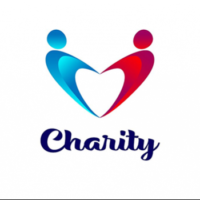
In American Samoa, and recently many other communities, the traditional doctor’s house call is making a comeback.
Modern developments such as advanced mapping, automated workflow, telemedicine and wearable health monitoring devices are driving the trend back to personalized health care.
A new private health provider, ”Charity Medical Center,” is using these advances to develop a revolutionary approach to delivering patient care.
It’s a platform model similar to Amazon which has been repurposed to serve one of the world’s unhealthiest populations.
“By the time patients showed up at the local hospital emergency room many already had an acute diagnosis; amputation, dialysis, stroke or heart attack,” says John Wasko, Charity Medical Center’s CEO and chief business model designer.
Wasko clearly recognized the need for early patient intervention.
“If we don’t treat patients early on with proper medical care,” he noted, “ patient’s quality of life is seriously affected, medical costs skyrocket and our current medical resources become overburdened.
Charity Medical Center, due to begin service in the first quarter of 2021, employs a fleet of mobile units staffed with medical professionals.
Each household is surveyed and primary vital signs such as heart rate, blood pressure and blood sugar establish a triage scale for each patient.
The data is the baseline for an individual patient care plan.
“Once the patient care plan is established,” added Wasko, “ The medical staff has several paths for providing personal care; regular checkups, clinic evaluation and management, telemedicine patient interaction, patient education and wearable health device monitoring.”
Skeptics might doubt if a small Asia Pacific island has the ability to deploy LTE, fiber optic connectivity or mobile devices as tools for transformational medical care.
“In fact,” concluded Wasko, “since 2011 American Samoa has invested more than US $200 million in internet infrastructure. That technology has to work for us in many ways, especially health care.”




